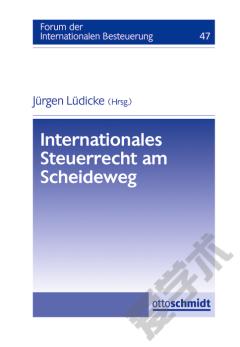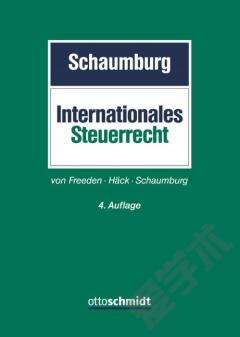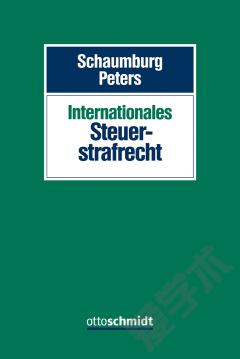International Tax as International Law: An Analysis of the International Tax Regime
This book examines the coherent international tax regime that is embodied in both the tax treaty network and in domestic laws, and the way it forms a significant part of international law, both treaty based and customary. The practical implication is that countries are not free to adopt any international tax rules they please, but rather operate in the context of the regime, which changes in the same ways international law changes over time. Thus, unilateral action is possible, but is also restricted, and countries are generally reluctant to take unilateral actions that violate the basic norms that underlie the regime. The book explains the structure of the international tax regime and analyzes in detail how US tax law embodies the underlying norms of the regime.
{{comment.content}}








 京公网安备 11010802027623号
京公网安备 11010802027623号